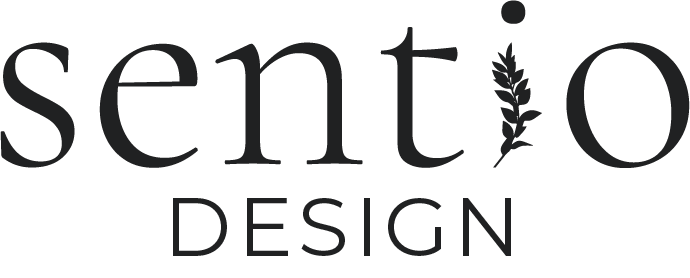What You Need to Know Before Buying Sustainable and Healthy Furniture
Are you in the market for sustainable and healthy furniture? If so, then you need to know what to look for before you make your purchase. The good news is that there are a variety of labels that can help guide your purchasing decision. In this blog post, we’ll be looking at some of the most common labels and what they mean.
FSC - The Forest Stewardship Council (FSC) is an international nonprofit organization that promotes responsible forestry practices. It has developed a certification system that helps consumers identify products made from sustainably managed forests. To earn FSC certification, a product must meet certain criteria, such as using a limited amount of chemicals and ensuring that workers are treated fairly.
Greenguard – Greenguard certifies products for low chemical emissions. This means that the furniture is more likely to be non-toxic and safer for use in homes or schools with children or people with allergies or asthma sensitivities.
Global Organic Latex Standard – A certification program designed to ensure the safety and sustainability of latex used in mattresses, pillows, and other bedding products. The standard certifies that the latex comes from organic sources, has been processed without toxic chemicals, and meets strict environmental standards throughout its production process.
Global Organic Textile Standard vs OEKO-TEX® Standards – Global Organic Textile Standard (GOTS) is an international certification program for textiles made from organic fibers such as cotton, linen, hemp, and wool. This certification ensures that these materials are produced according to sustainable farming practices with minimal impact on the environment. OEKO-TEX® standards are similar but focus on testing fabrics for harmful substances like heavy metals or formaldehyde rather than on sustainability issues like GOTS does.
B Corp– B Corp stands for Benefit Corporation and it sets high standards when it comes to social responsibility and sustainability. Companies certified as B Corps provide positive benefits not just to their customers but also to their employees, communities, suppliers, environment etc., thus promoting a more equitable world through business practices.
Made Safe– Made Safe is an independent third-party verification program that certifies products as being free from toxic ingredients known to harm human health or ecosystems by assessing them against their “Made Safe Screened Chemical List” which covers over 2200 hazardous chemicals commonly found in consumer goods today.
Validated ECV– Validated Environmental Claims Verification (ECV) is an independent third-party verification program designed to ensure accuracy of environmental claims made by companies about their products or services such as eco-friendly materials used in manufacturing processes etc.,
Clean Energy Partner– Clean Energy Partner (CEP) is a voluntary program established by the US Environmental Protection Agency (EPA) which helps companies reduce their carbon footprints through energy efficient practices
Climate Neutral Certified– Climate Neutral Certified is a certification program designed to help companies reduce their greenhouse gas emissions by measuring their total carbon footprint across all areas of operations including manufacturing processes.
Global Recycled Standard– Global Recycled Standard (GRS) provides assurance regarding recycling processes used in making finished goods out of recycled material such as plastic bottles, paper scraps and other materials.
Responsible Wood Standard vs The Sustainable Forestry Initiative (SFI) – Responsible Wood Certification Program (RWCP) verifies wood sourced from responsibly managed forests worldwide based on predetermined criteria set by the Forest Stewardship Council Sustainable Forestry Initiative which promotes responsible forest management policies around the world through research grants and conservation efforts directed towards protecting biodiversity while maintaining water quality standards.
Sustainable Furnishings Council Standards - The Sustainable Furnishings Councils’s mission is promote environmentally responsible practices among firms in the home furnishings industry
Green Globes® Standards - Green Globes® Standards assesses buildings according to seven categories including energy efficiency
TSCA Title VI Compliance - TSCA Title VI Compliance requires manufacturers to adhere stringent regulations related toxics materials used during production.
Eco-Certified Composite Standards - Eco-Certified Composite Standards evaluates composite material based on its environmental safety.
EPA TSCA Title VI CARB California Air Resources Board National Green Building Standard Accreditations California Prop 65 Prohibited Chemical – California Prop 65 prohibits manufacturers from using certain toxins in consumer goods; manufacturers must adhere these rules if they want compliance with this regulation
Buying sustainable furniture can be complicated due to various labels being thrown around with different meanings! We hope this article helped demystify some of those terms so you can feel confident knowing exactly what you’re getting when you shop for healthy furniture!


